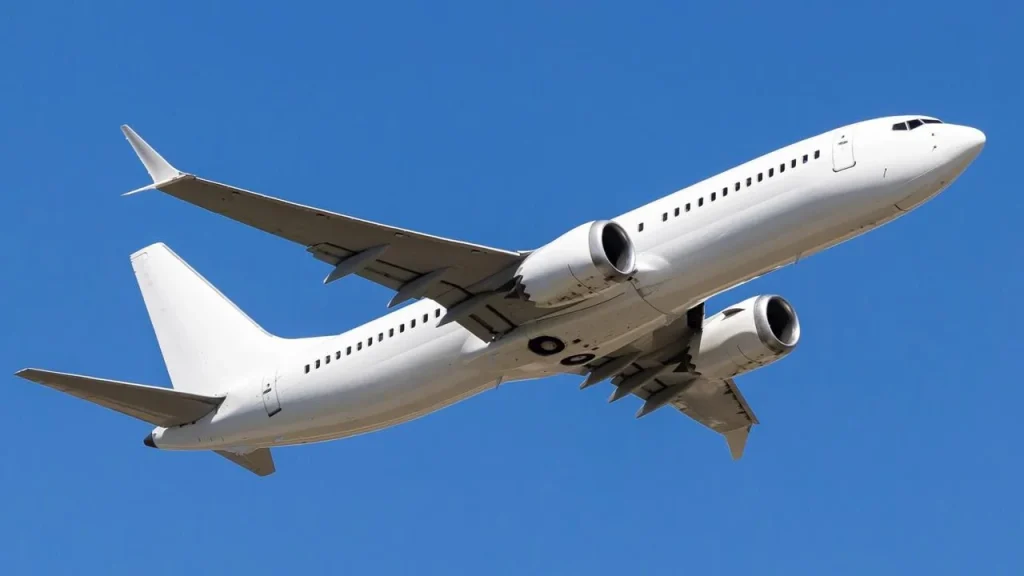Picture this: You’re booking a ticket from Lagos to London, excited for a business deal or family reunion. Then, bam, an extra $11.5 tacked on at checkout.
That’s the reality hitting international flyers starting December 1, 2025, thanks to a fresh security levy announced by the Nigeria Civil Aviation Authority (NCAA).
Dubbed the Advance Passenger Information System (APIS) fee, it jacks up Nigeria’s total aviation security charge to $31.50 per ticket one of the highest in Africa.
This isn’t pocket change; it’s a cumulative hit expected to generate $46 million annually for the NCAA. Collected at ticket purchase, the levy applies to all inbound and outbound international flights, whether you’re on a foreign airline or a Nigerian one.
The goal? Fund a 20-year digital overhaul for border security, creating a “single window” platform where agencies like the Nigeria Immigration Service (NIS) share passenger data seamlessly.
What the APIS Levy Really Does
APIS isn’t just another tax, it’s a tech upgrade aimed at spotting risks before they land. Pre-flight data collection on travelers’ details will:
- Speed up clearances at busy hubs like Murtala Muhammed International Airport (MMIA) in Lagos
- Boost threat detection for safer skies
- Streamline coordination between immigration, customs, and security
The NCAA’s circular to airlines stresses this partnership with NIS will modernize Nigeria’s borders, making travel smoother while enhancing vigilance. It’s like giving airport officials a supercharged radar for potential issues, all powered by the levy’s revenue stream.
Airlines must update their booking systems now, with billing starting December 1 for all relevant tickets. But here’s the silver lining: Exemptions apply to:
- Infants under 2
- Diplomats
- On-duty crew
- Transit passengers (within 24 hours)
- Involuntary reroutes (weather or tech failures)
That’s about 10% of travelers spared, but for the rest, business travelers to New York or families flying home, it’s a sting on top of existing costs like the $20 security fee (since 2010) and FAAN charges.
Backlash: Skyrocketing Fares or Safer Skies?
Not everyone’s cheering. Industry voices are roaring: “This could kill air travel!” A regional airline exec told local outlets that Nigeria’s fees already top Africa’s priciest and rival world highs, per aviation benchmarks.
“The $20 levy was meant for five years after 2010 threats we’re still paying in 2025.”
Captain Edward Boyo, Overland Airways MD, warned at a recent tax forum:
“Heavy charges choke an industry vital for growth.”
Post-pandemic recovery brought hope, but this levy might deter tourists, expat moves, and business links amid economic squeezes and regional woes.
Consumer watchdogs aren’t silent. The Consumer Protection Council (CPC) vows to track fund use, pushing for clear repayment to avoid past opacity.
Why It Matters for You
For the solo traveler eyeing a quick Abuja-to-Dubai hop or the family planning a Christmas escape, this $11.5 add-on tweaks budgets. But if it delivers safer, faster borders, it could pay off in peace of mind.
Plan ahead: Factor it into fares. And watch for NCAA updates more details at their site.
What’s your take? Safer skies worth the extra cost? Comment below!
READ ALSO: WAEC Rejects Claims of Subject Limits for 2026 Exams




















